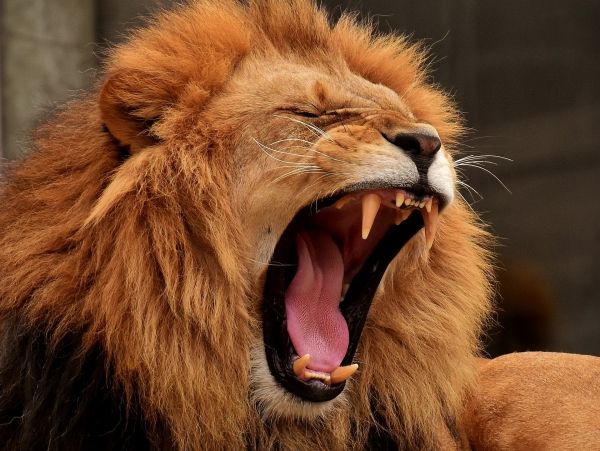Harnessing new machine learning techniques, the group designed a device, known as a biologger, which can be attached to an existing lion GPS collar to record audio and movement data. The biologgers allow the scientists to confidently associate each roar with the correct lion by cross-referencing movement and audio data through the large datasets of roar recordings collected.
With the data collected by the biologgers, the scientists trained a pattern recognition algorithm to “learn” each individual’s roars and then tested the algorithm on sequences that it had not seen before to determine whether the shape of the contour as a whole is an important distinguishing feature.
Results, published in Bioacoustics, reveal that it is possible to classify roars according to individual identity with 91.5% accuracy. These findings suggest that the overall shape of the fundamental frequency (f0) of the full-throated roar contour is consistent within each individuals’ roars and sufficiently different from other individuals to allow for accurate classification of individual identity.
Read more at: University of Oxford
Photo Credit: Alexas_Fotos via Pixabay


